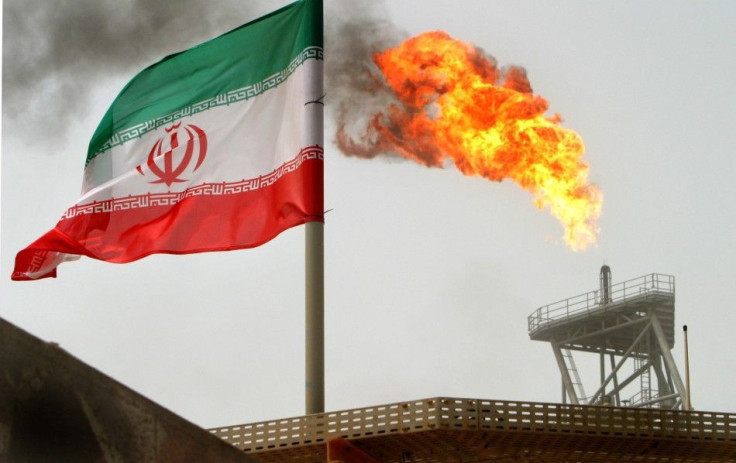Iran Stops Oil Exports To Spain: Report

Iran has stopped oil exports to Spain in retaliation to the European Union ban on Iranian crude imports that comes into force in July, the Mehr News Agency has reported, citing sources familiar with the situation.
The US and its European allies are imposing tighter sanctions on Iran, the second-biggest producer in the Organization of the Petroleum Exporting Countries (OPEC). The West accuses Iran of taking steps toward building a nuclear weapon, which the Islamic republic denies.
Responding to the West's tougher stance, Iran has already stopped oil deliveries to UK and France and threatened to block the Strait of Hormuz, through which a fifth of the world's tanker-borne oil flows.
The European Union buys about 18 percent of Iran's total crude exports. UK and Germany get only about 1 percent of their oil from Iran, while France gets about 3 percent. European countries such as Greece, Italy and Spain, are much more reliant on Iranian oil. According to European Union data, Italy and Spain each gets about 13 percent while Greece receives 33 percent of its oil from Iran.
Recent data points out that Spain's crude imports from Iran have been decreasing this year while its supplies from Nigeria have increased. From January, the crude exports to Spain from Iraq and Libya have increased. Saudi Arabia continues to be the largest supplier of crude to Spain.
Iran's top oil buyers in Europe have been reportedly making substantial cuts in supply months in advance of the EU sanctions. Those that have reduced Iranian imports are filling the void with a range of replacement barrels from top exporter Saudi Arabia, Iraq and Russia.
The immediate focus is on the direct impact of Western economic sanctions and Iran’s threats to pre-empt the EU oil embargo. In total, Iran exports around 2-2.5 million barrels per day of oil. The loss of this supply might add as much as $15 to oil prices, but as yet there has been little actual disruption.
Analysts have said that any attempt to close the Strait of Hormuz would be a military, economic and political disaster for Iran. On the other hand, even Israeli public opinion is divided over whether to launch an early military strike on Iran’s nuclear facilities, partly because it would be more difficult than past operations against Iraq (1981) and Syria (2007).
© Copyright IBTimes 2024. All rights reserved.




















